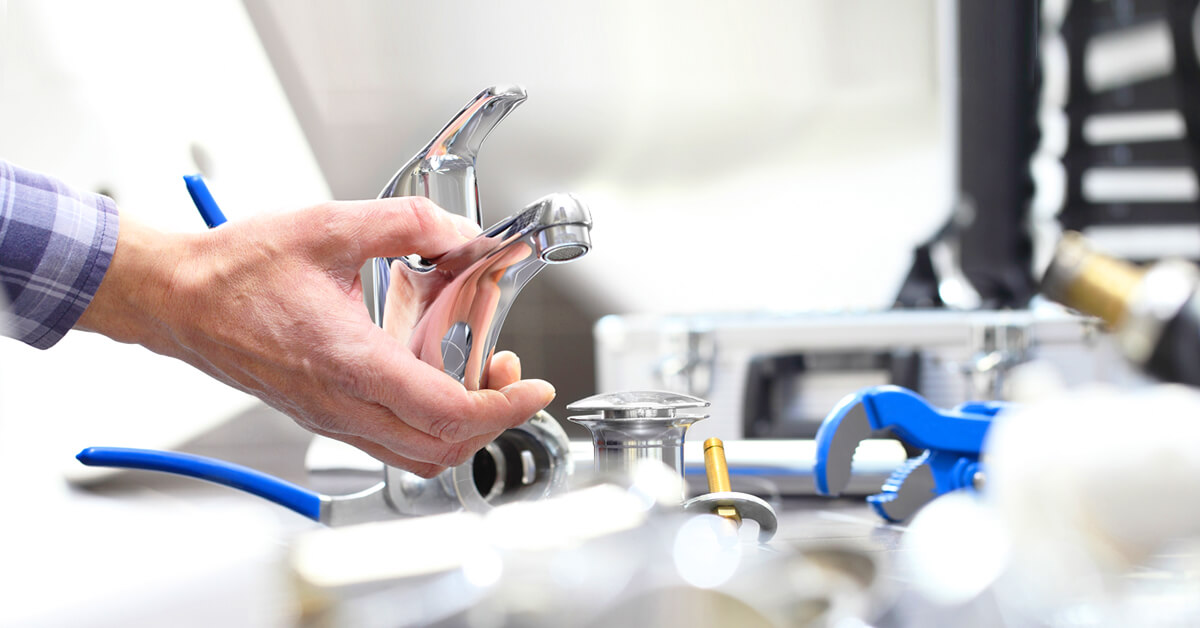Plumbing emergencies can cause significant disruptions to your business operations and can be expensive to fix. However, with proper maintenance and preventative measures, you can minimize the risk of encountering plumbing issues. In this article, we will provide you with some valuable tips to prevent plumbing emergencies in your business.
Regular inspections and maintenance are crucial to prevent plumbing emergencies. Have a licensed plumber visit your business premises periodically to inspect and maintain your plumbing systems. They can identify any potential issues before they escalate into emergencies. This includes checking for leaks, inspecting pipes for signs of corrosion, and ensuring that all fixtures are in good working condition. For more information about plumbing services, you may visit https://unitedbuildersdc.com/service/plumber-maryland/.

Image Source:Google
Excessive water pressure can put a strain on your plumbing system and lead to leaks or burst pipes. Install pressure-reducing valves (PRVs) to regulate the water pressure within your business premises. A PRV will ensure that the water pressure remains within safe limits and prevent unnecessary stress on your pipes.
Clogged drains are a common plumbing issue that can disrupt your business operations. To prevent clogs, educate your staff about what can and cannot be flushed down the toilets or washed down the drains. Provide clear guidelines and reminders to avoid disposing of items such as paper towels, feminine hygiene products, or grease down the drains.
In cold climates, freezing pipes can be a major risk. When water freezes, it expands and can cause pipes to burst, leading to significant water damage and disruptions to your business. Take steps to protect your pipes from freezing during the winter months.
If your business involves food preparation, you likely have grease traps installed to prevent grease from entering the plumbing system. Regularly clean and maintain these grease traps to prevent clogs and backups.
